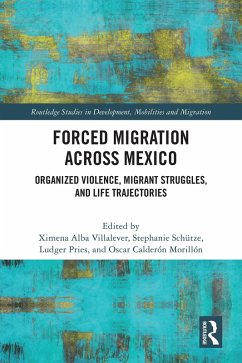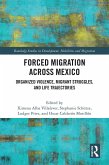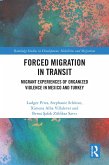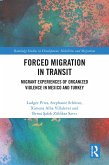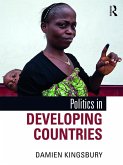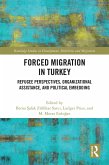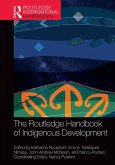No matter their starting point, most South and Central American migrants to the United States must eventually traverse Mexico, and often many other borders beforehand, to reach their destination. As border controls tighten, for many migrants turning back is not a possibility, or something they desire. And so, when faced with hardening policies, migrants are often forced into situations of increased violence and precarity, without a shift in their ultimate objective. This book analyzes the complex social situations of everyday violence, and increasingly aggressive border controls, which face migrants in Mexico, as well as their exposure to a different kind of violence during their migration trajectory through the criminal actors such as gangs, cartels, and corrupt law enforcements that seek to make a profit from them. The book takes a critical approach on migration policies and on the externalization of borders by analyzing their effects on the trajectories and experiences of migrants themselves. It shows that the more migrants' opportunities and rights during transit are hindered, the more they are at risk of exposure to these actors.
Foregrounding the voices of migrants, this book offers fresh insights into debates surrounding migration, politics, international relations, and anthropology in the Americas.
Dieser Download kann aus rechtlichen Gründen nur mit Rechnungsadresse in A, B, BG, CY, CZ, D, DK, EW, E, FIN, F, GR, HR, H, IRL, I, LT, L, LR, M, NL, PL, P, R, S, SLO, SK ausgeliefert werden.
Xóchitl Bada, Associate Professor in Latin American and Latino Studies, University of Illinois Chicago
Xóchitl Bada, Associate Professor in Latin American and Latino Studies, University of Illinois Chicago

